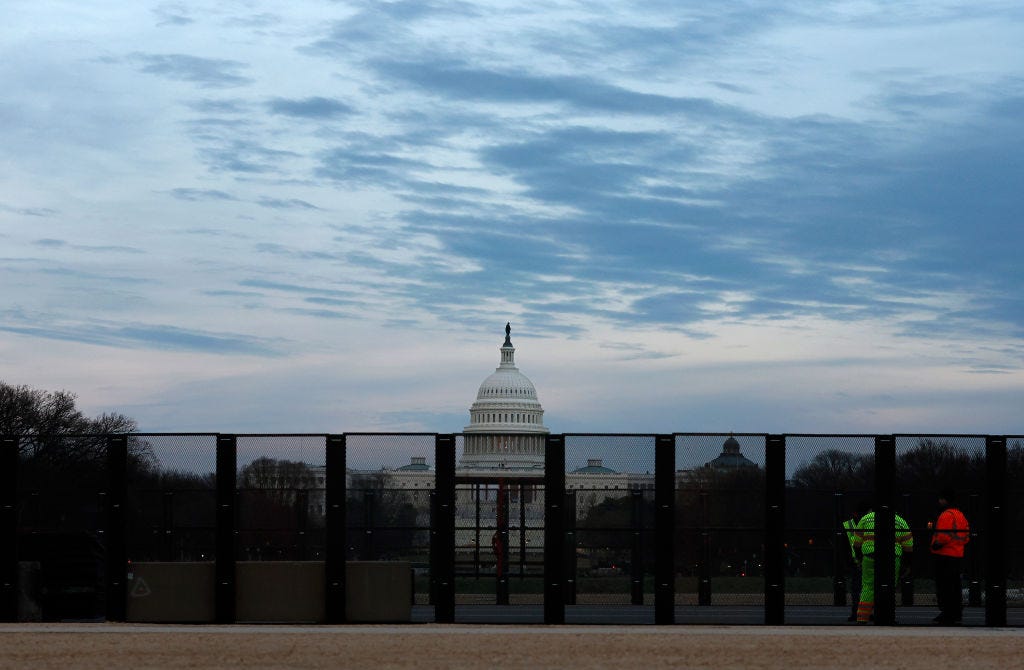You can't have peaceful transfers of power only when one side wins
On January 6, looking back at how Trump avoided a reckoning, and what accountability can look like in the future
At this hour, America is experiencing a crucial step in a peaceful transition of power.
In a joint session of Congress, the president of the Senate is presiding over the certification of the incoming president’s victory. It so happens that this president of the Senate is one Kamala Harris, the vice president, and the victory she is certifying is that of …




